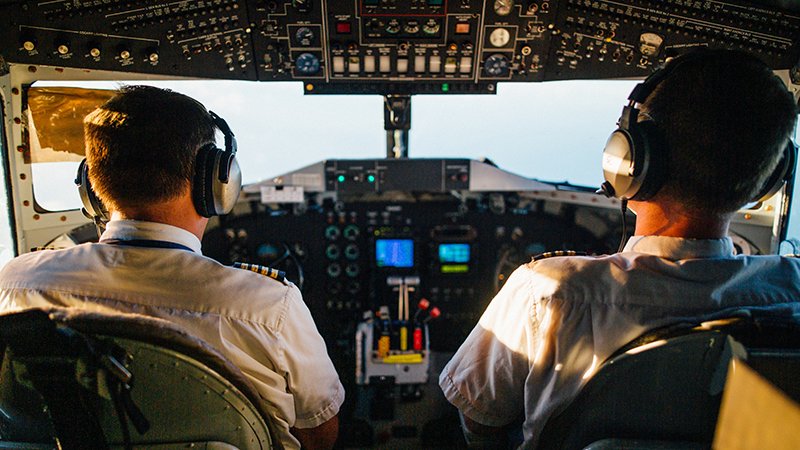US aviation regulators have issued a crucial safety advisory aimed at airline pilots, emphasizing the importance of caution when considering the deactivation of autopilot systems and other automated flight controls. This warning comes in the wake of a recent incident involving a Delta Air Lines flight at Toronto Pearson International Airport (YYZ), a situation that has reignited discussions about the balance between manual flying skills and reliance on cockpit automation.
The Delta Incident and Its Implications
In the aftermath of the Delta crash, aviation experts are scrutinizing the reliance on automation in modern aircraft. The Federal Aviation Administration (FAA) has highlighted that while automation technology greatly enhances flight safety and efficiency, it is imperative for pilots to maintain and refine their manual flying skills. The incident at YYZ serves as a stark reminder of the potential dangers encountered when pilots disengage autopilot and assume manual control without adequate preparedness.
The Debate: Automation vs. Manual Skills
The evolution of cockpit technology has changed the landscape of aviation, leading to a significant reliance on automated systems. Consequently, there’s an ongoing debate within the aviation community about whether pilots are neglecting essential manual flying experiences. Critics argue that over-reliance on automation can lead to skill degradation, making it essential for pilots to engage in regular manual flying practice.
The Role of Training
To mitigate risks, aviation authorities are advocating for enhanced training programs focused on manual flying. These programs are designed to prepare pilots for situations where automated systems may fail or become unreliable. Regular proficiency checks and simulations that challenge pilots to manually control the aircraft can help cultivate necessary skills. Understanding the importance of these training initiatives is vital for ensuring airline safety and operational efficiency.
Safety First: Recommendations for Pilots
In light of the FAA’s warnings, pilots are encouraged to:
-
Maintain Proficiency: Regularly practice manual flying techniques to stay adept during situations where automation may be unavailable.
-
Stay Informed: Keep updated with the latest safety guidelines issued by the FAA and other regulatory bodies.
-
Utilize Simulators: Engage in flight simulators that focus on manual flying scenarios, allowing pilots to hone their skills in a controlled environment.
- Understand Limits: Recognize the limitations of autopilot systems and be prepared for scenarios that necessitate swift manual intervention.
Conclusion
The recent safety warning from US aviation regulators encapsulates a vital conversation about the future of aviation safety. As technology continues to evolve, maintaining a balance between automation and manual flying skills is paramount. The lessons learned from incidents like the Delta crash at YYZ serve as reminders of the essential role pilots play in ensuring the safety and efficiency of air travel.
For further insights on the Delta incident and the FAA’s recommendations, click here for the full story.


